In today’s content creation landscape, many users turn to AI tools like ChatGPT to generate unique, plagiarism-free content quickly and efficiently. However, as ChatGPT’s popularity grows, so do questions around its originality does ChatGPT plagiarize? And can plagiarism detection tools reliably identify AI-generated content?
Since ChatGPT generates responses based on patterns learned from extensive training data without directly copying sources or providing citations, concerns about potential unintentional plagiarism have surfaced. This raises doubts about the authenticity and originality of the text it produces.
In this article, we’ll address these concerns and explain how ChatGPT creates content, whether it plagiarizes, and best practices to use this revolutionary AI responsibly while ensuring your work remains original and ethically sound.
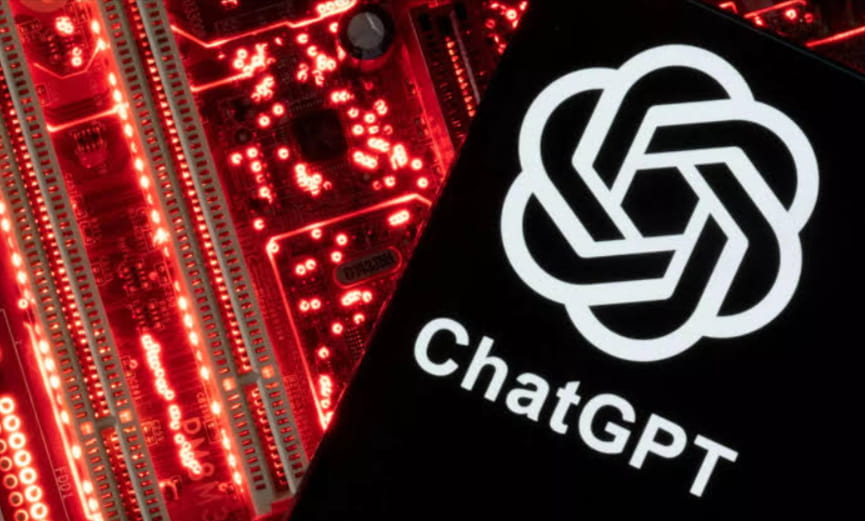
Does Chat GPT Plagiarize?
The short answer would be not exactly. A free program called Chat GPT optimizes language models for conversation. In other words, this gadget converses with you and responds to any queries you could have.

Natural language processing is what differentiates Chat GPT from other chatbots and ensures that the content it produces is never plagiarized on purpose.
But after all, a chatbot like ChatGPT is not human and therefore can make mistakes. While the content it produces may appear to be similar to other internet sources, it should not be plagiarized and should always be original.
How Does Chat GPT Function?
A software company called Open AI is developing several artificially intelligent online services and bots. They purchase, collect, and scrape every piece of online data before uploading it to their data server.
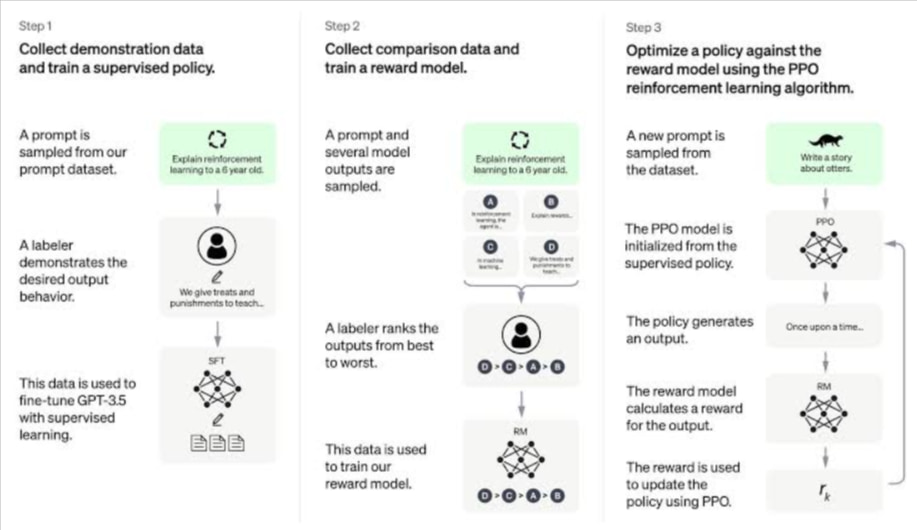
Their many AI-based products, such as Chat GPT, then gain access to that data, process it, and then offer the results to consumers in response to queries and keywords entered by users.
There isn’t much data on Chat GPT’s data servers right now. The business makes every effort to daily upload the most recent data to its data storage.
How Does Chat GPT Produce Unique Content?
A lot of people who are asking, ‘Does Chat GPT plagiarize’ would want to know how Chat GPT creates original content. A strong tool for producing original material is Chat GPT. The tool receives natural language user input and employs cutting-edge machine learning algorithms to produce unique text as a response.
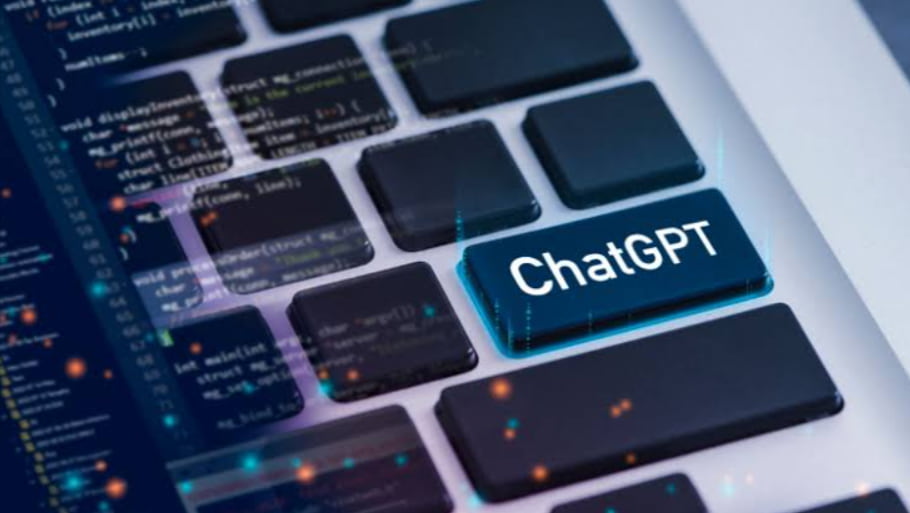
GPT-3 (Generative Pre-trained Transformer 3) serves as the foundation for the technology used by Chat GPT. GPT-3 is a learning system that mimics and comprehends human language patterns using machine learning.
Chat GPT can produce high-quality material quickly because it was trained on a sizable text dataset. A variety of content types, such as articles, social media postings, product descriptions, and more, can be produced with it.
GPT-3 can construct language models that can produce content that is akin to what a human may write by analyzing enormous volumes of text data. ChatGPT creates its material using this method, which enables it to create unique text.
What Are The Plagiarism Restrictions For Chat GPT?
The creators of Chat GPT assert that the application is free of plagiarism. While Chat GPT itself does not constitute plagiarism, the tool may create content that is similar to already published material and might be misconstrued as such.
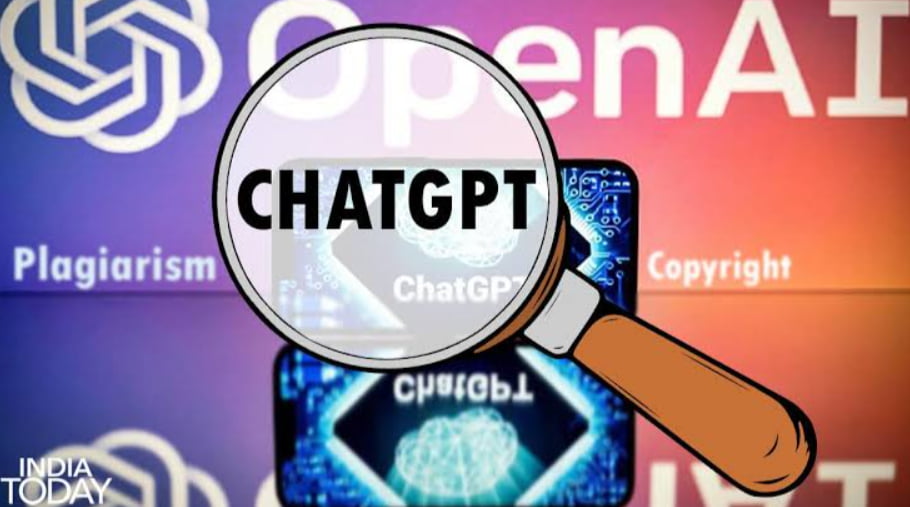
So, does ChatGPT plagiarize? Well, the content generated by Chat GPT may contain phrases that have already been used. This means that even while the text may be unique, it might nonetheless use terminology seen in other works.
If the wording is not taken verbatim from the source, then this is not necessarily an issue. When utilizing Chat GPT, it’s crucial to be aware of this restriction and take precautions to prevent any possible copying.
When utilizing Chat GPT, one should edit the content in their own words rather than copying and pasting directly from the source to avoid plagiarism. Additionally, for moral purposes, it’s critical to correctly credit any content created by Chat GPT.
Is Chat GPT Plagiarism Free?
The quick answer is that Chat GPT is free of plagiarism. The company that created ChatGPT, OpenAI, has created several methods to guarantee the integrity and excellence of its responses.
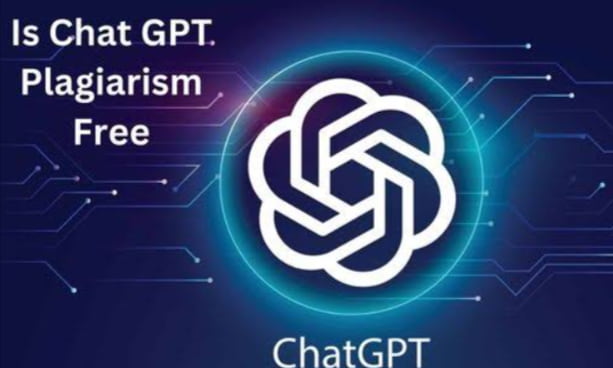
One of these methods entails pre-training ChatGPT on a wide variety of text data to enable it to produce fresh and original responses based on the user input it gets.
Furthermore, OpenAI has put in place several safeguards to guarantee that Chat GPT’s responses are not plagiarized, including removing explicit text and looking for resemblances with existing online sources.
Why ChatGPT is Not Considered a Plagiarism Tool
Unlike copy-pasting or directly quoting without attribution, ChatGPT’s outputs are synthesized and generated dynamically. This differs fundamentally from plagiarism because:
- The text is not lifted verbatim from any single source.
- The model does not store or reproduce specific documents.
- It creates content based on language patterns and probabilities rather than recalling exact phrases.
Therefore, when used responsibly, ChatGPT is a tool for content generation and idea exploration rather than a shortcut to copying others’ work.
Suggested Reads:
Conclusion: Understanding ChatGPT and Plagiarism Risks
While ChatGPT does not directly copy existing content, it is not completely free from plagiarism concerns. Tools like Turnitin can detect AI-generated text, especially when it closely mirrors common phrases or published material.
As AI technology advances, ChatGPT is likely to produce more original and accurate content. Until then, use it carefully, always review, edit, and verify outputs to ensure they are plagiarism-free and ethically appropriate.
We hope this post on “Does ChatGPT plagiarize?” has provided useful insights. Share your experiences with ChatGPT in the comments, particularly if you’ve faced any plagiarism challenges.
FAQs
It is generally safe to use ChatGPT. Be mindful that you are using it without knowing where all of the data you are entering will go. It works the same way when you type information into Google or another search engine.
The potential of breached data when using Chat GPT is one of the main security issues. Large volumes of data, including sensitive information like financial data information, private information, and proprietary business information, are needed to train and enhance Chat GPT’s language processing capabilities.
A plagiarism detector like Turnitin can accurately assess the content to make sure that your written work is original. If plagiarized content is created via ChatGPT, Turnitin’s technology can identify it as having been plagiarized.